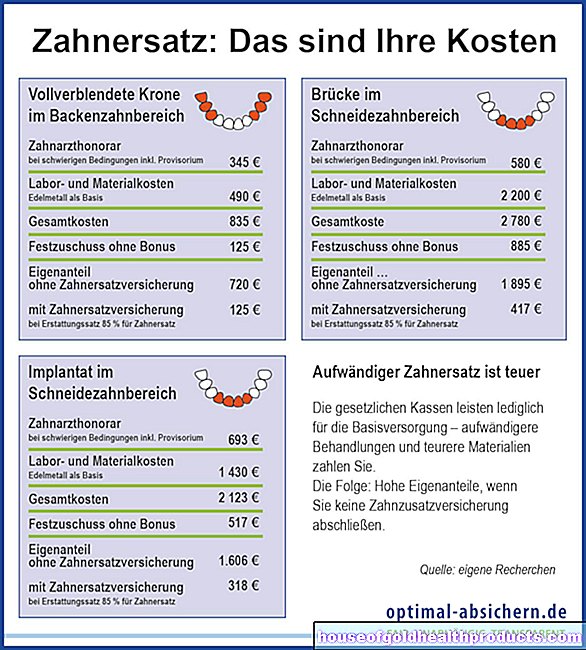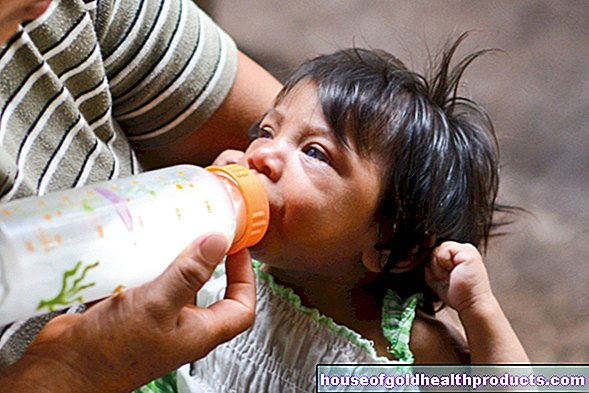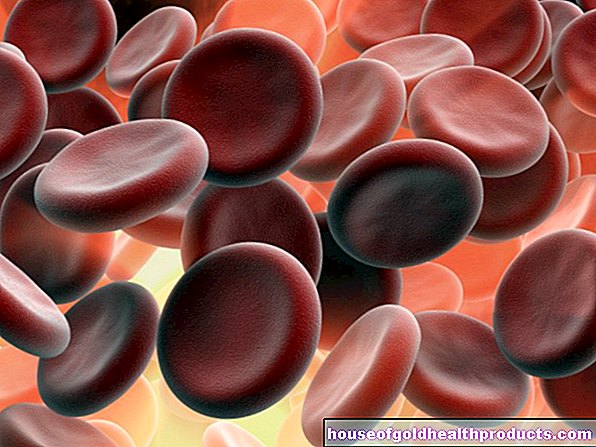Does Processed Food Promote Autism?
Christiane Fux studied journalism and psychology in Hamburg. The experienced medical editor has been writing magazine articles, news and factual texts on all conceivable health topics since 2001. In addition to her work for, Christiane Fux is also active in prose. Her first crime novel was published in 2012, and she also writes, designs and publishes her own crime plays.
More posts by Christiane Fux All content is checked by medical journalists.How the mother eats during pregnancy could influence the child's brain development. One food ingredient in particular appears to promote autism.
In particular, if the pregnant woman ingests a lot of processed foods, this could disrupt the brain development of the unborn child, shows a US study. Propionic acid plays a key role in this. It is used as a preservative in finished products, but it is also added to bread so that it does not mold as quickly.
Propionic acid influences brain development in unborn babies
Researcher around Dr. Saleh Naser from the University of Central Florida have used laboratory experiments to show that high levels of propionic acid influence the development of neural stem cells. For one thing, the acid upsets the balance between the different types of brain cells.
While fewer neurons are formed than usual, the number of so-called glial cells increases. These support the development of the neurons and protect them. However, if there are too many glial cells, they disrupt the networking of the nerve cells with one another. They can also provoke silent inflammatory responses, as have been more commonly demonstrated in the brains of autistic children.
Reduced ability to interact
Larger amounts of propionic acid also shorten and damage the switching pathways through which neurons communicate with the rest of the body. The combination of damaged communication paths and reduced neurons could promote behaviors that are typical of people with autism. These include stereotypical patterns of behavior and the inability to interact with others.
Propionic acid is not even an artificial chemical, but is also created when food is processed in the intestine. Larger amounts that the mother ingests through food could also be passed on to the fetus.
More propionic acid in the stool
Previous research has shown that children with autism have more propionic acid in their stool than usual. This also depends on which germs are present in the intestine and in which number. In addition, autistic children suffer more often from gastrointestinal complaints such as irritable bowel syndrome.
To what extent propionic acid could also influence brain development in children with autism outside the womb, however, the study does not provide any indication.
In a next step, the researchers want to investigate in tests with mice whether a diet rich in propionic acid in pregnant females is more likely to be associated with autism-like diseases in the offspring.
Is Autism More Common?
Different manifestations are summarized under the autism spectrum disorder, or autism for short. These include early childhood autism, atypical autism, and Asperger's syndrome.
Figures from the USA in particular suggest that autism is becoming increasingly common. According to the Centers for Disease Control and Prevention (CDC), one in 59 children was diagnosed with autism in 2018. In 2000 it was 1 in 150 children.
In part, this can be attributed to increased awareness of the disorder and more affected children being diagnosed with the disorder. But causes for an actual increase in the number of cases are also discussed.
Tags: Baby Child desire to have children pregnancy









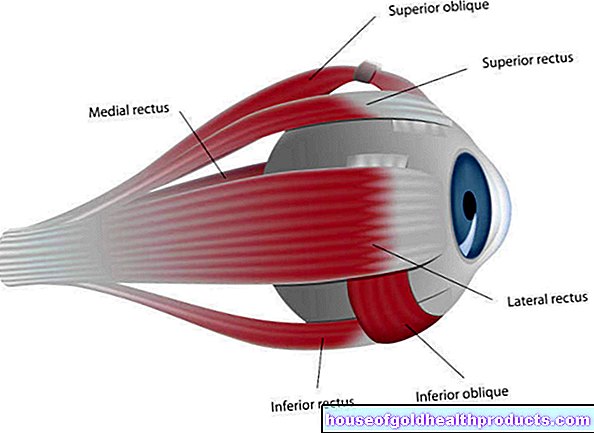
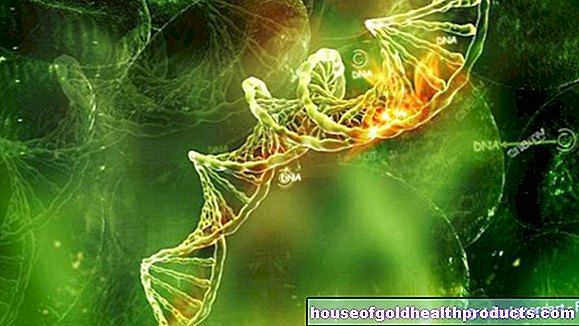
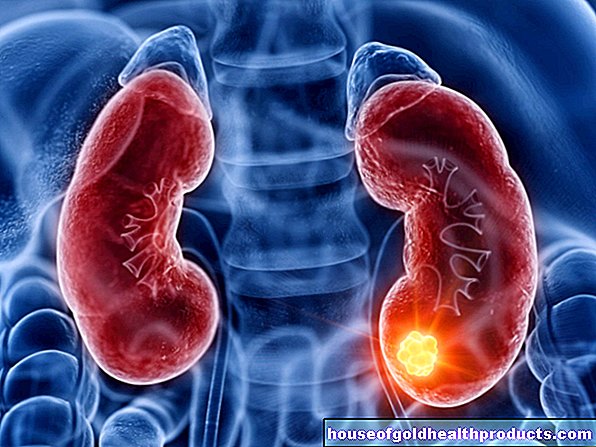
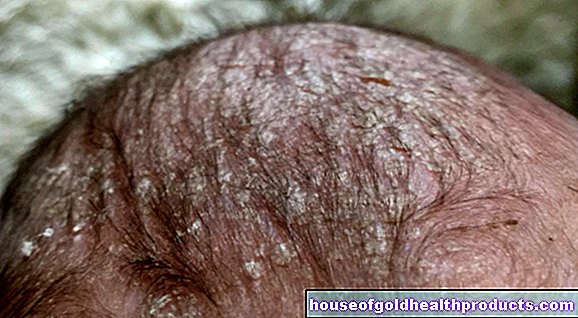

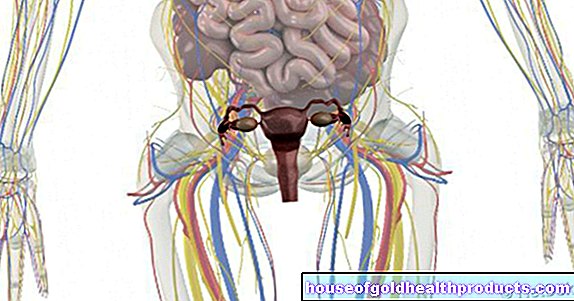



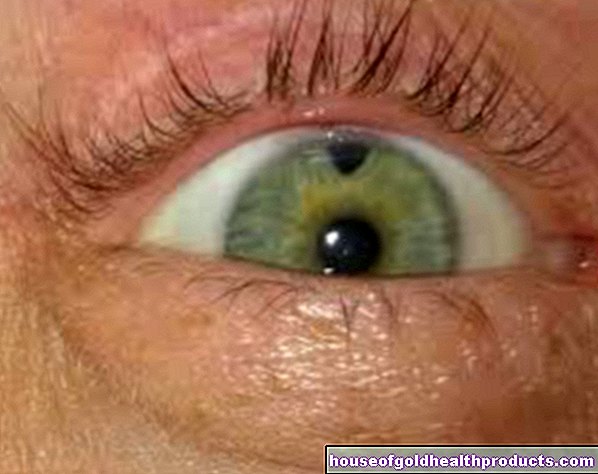
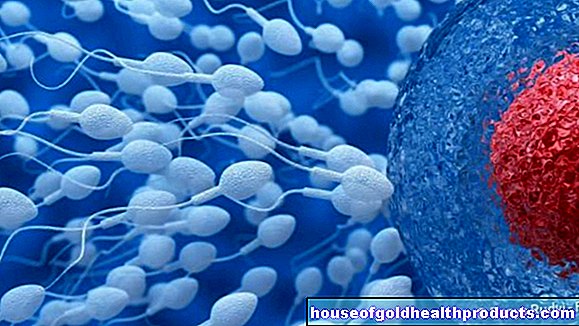
.jpg)

